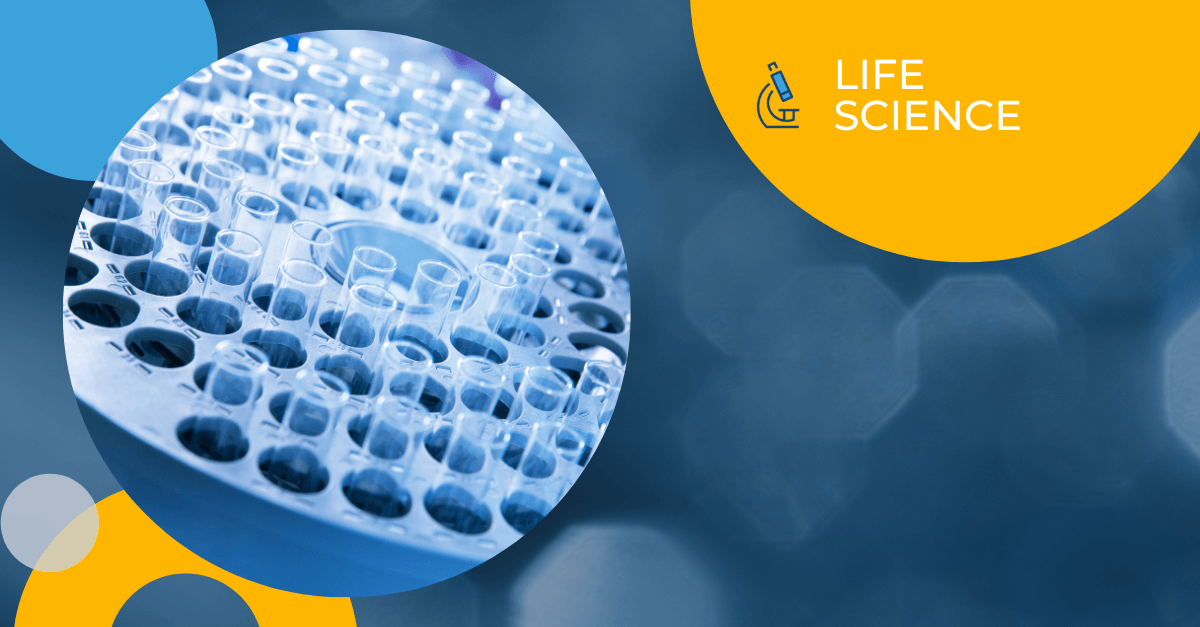The BIO International Convention takes place next week in Washington, DC and Morningside will be attending (our 4th year in a row). We thought it would be timely to provide an overview on how medical translations are used by biotech companies. The need for translations can come up throughout a product’s life cycle–from R&D, to clinical trial, regulatory submission, manufacturing, and finally sales and marketing. Let’s take a closer look at the role translation services play at each stage.
R&D – During research and development, it’s often necessary to read and understand relevant foreign language documents including papers, patents, reports, and scientific publications. German and Japanese documents come up most frequently. Tip: The translator should have a solid background in the particular technical field at issue. Industry experience is helpful, but not essential.
Clinical trial stage – At any given time, more than 300 clinical trials are taking place, often in multiple countries. Case report forms, informed consents, patient-reported outcomes, and other documents have to be translated to and from multiple languages. Full linguistic validation including cognitive debriefing of translated PROs may also be needed. Tip: For linguistic validation, it’s important to work with a translation company, like Morningside, that relies on the well-structured methodologies outlined by ISPOR and EORTC.
Regulatory submissions – Biotech companies who want to get their product approved in global markets need to submit dossiers, labeling, adverse events, and other documents to the regulatory authorities in the local or official languages. In addition to the EU and Japan, BRICs countries (Brazil, Russia, India, and China), Latin America, and other emerging markets have become increasingly important, and that means translating regulatory documents into Brazilian Portuguese, Russian, Simplified Chinese, Latin American Spanish, and other languages. Tip: Regulatory translations require specific knowledge of the country’s dossier format and terminology requirements. In-country translation and review is a must.
Manufacturing – Biotech companies that design or manufacture products oversees need to translate health and safety manuals as well as SOPs into the local language where their facilities are located. Tip: Translated manuals must conform to local labor laws, safety regulations, customs, and cultural sensitivities.
Sales & marketing – To effectively market biotech products oversees, companies need to think locally. Product websites, brochures, and promotional materials need to be translated and localized, keeping in mind cultural sensitivities and local health issues and concerns. And local dialect. Tip: When translating into Spanish, there are important regional variations, even within Latin America. Mexican Spanish and Rioplatense Spanish spoken in parts of Argentina and Uruguay are quite different.
We’ll have more to say about translating for the biotech industry and medical translations in general, including localization advice and tips for lowering translation costs.


